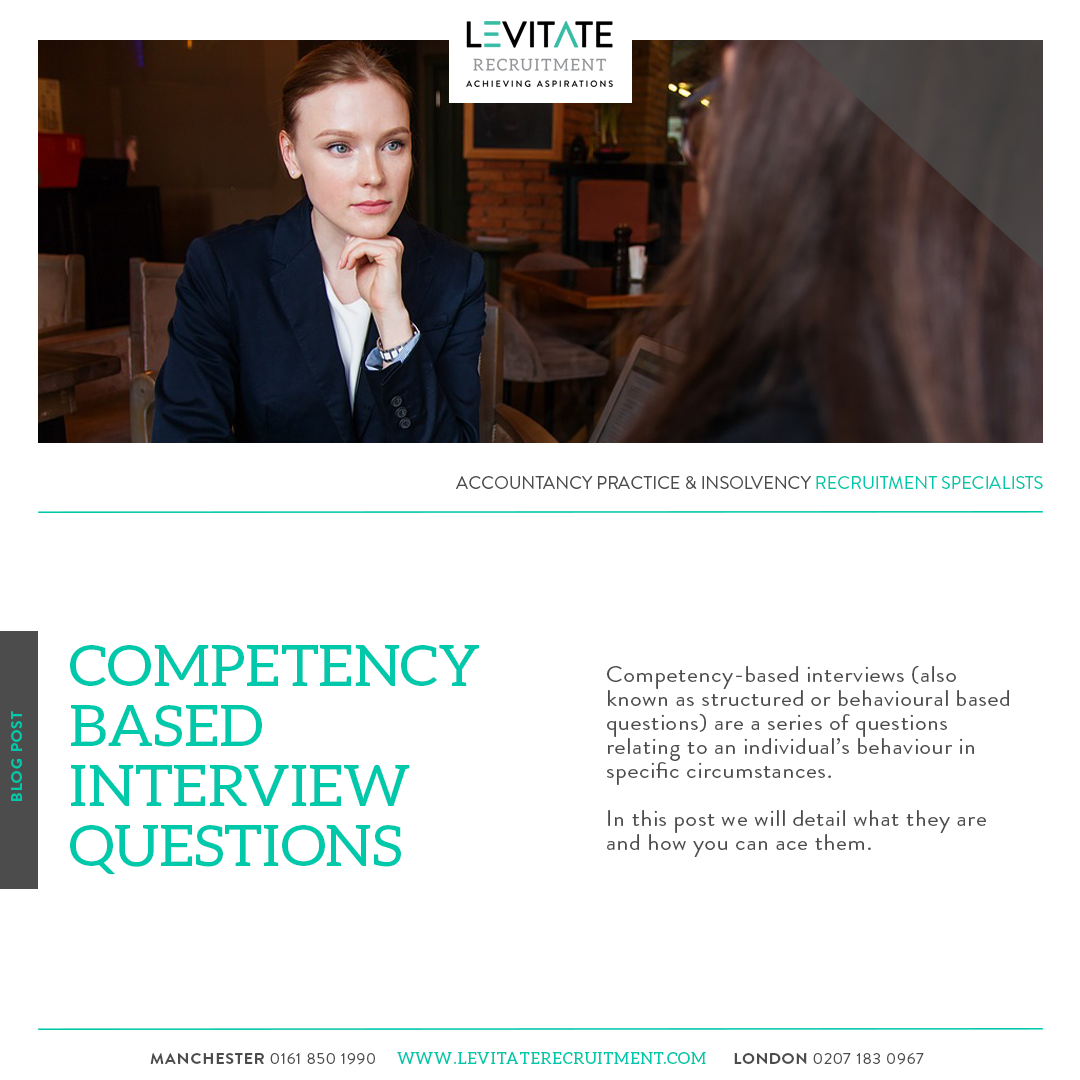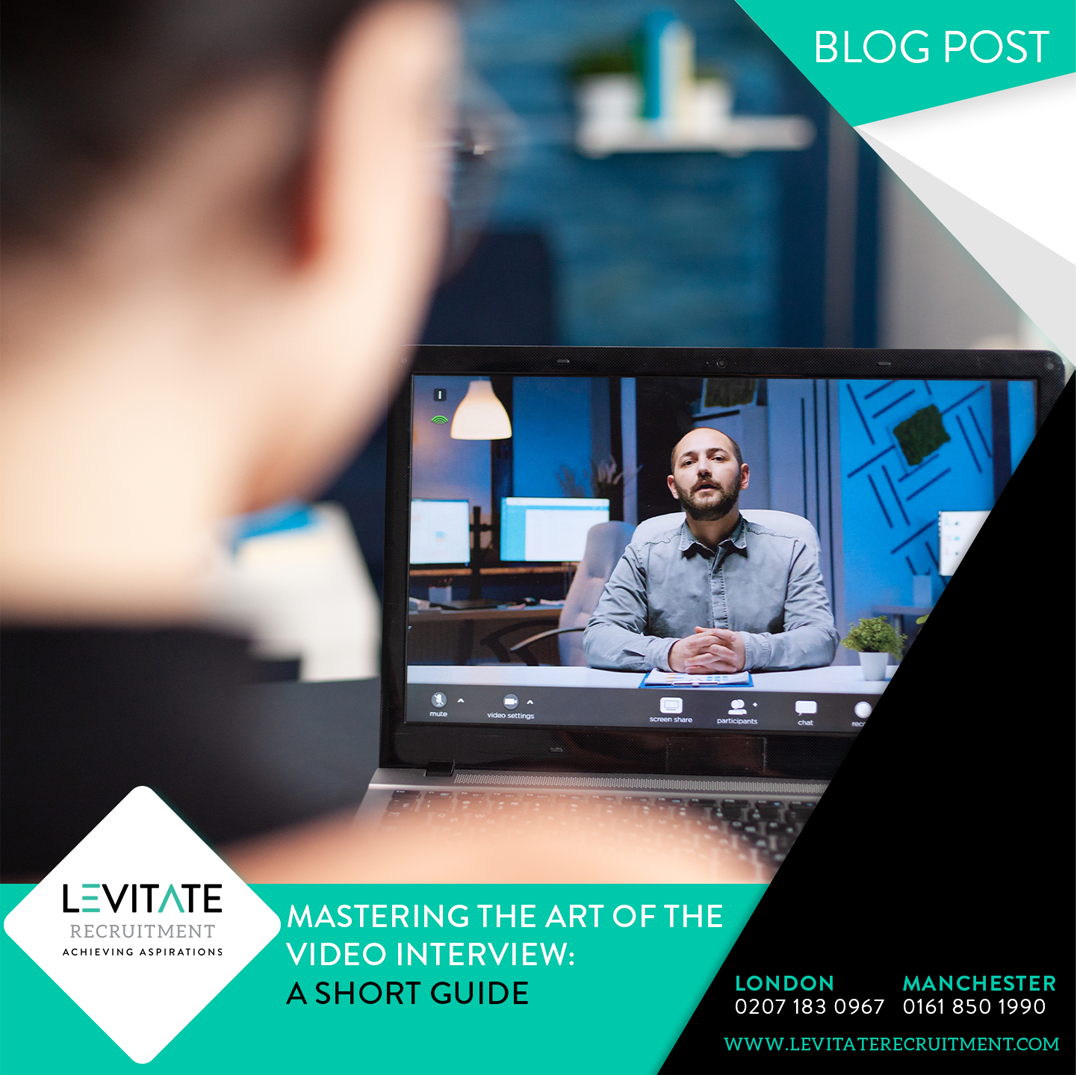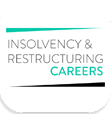As a specialist Accountancy Practice recruiter, it is our job to consult candidates throughout their career and during the job searching process which can be for many, a stressful time. There is a lot to consider in the early stages of a search to ensure we can identify together what is the best next step but further down the line and one of the key parts, is of course the interview stage as it is the first and potentially only opportunity for a candidate to sell themselves to the potential employer.
The general objective when interviewing someone for a specific role is to identify if that person has the right skills, experience, personality and attitude for the role they are applying for. Different firms and interviewers have different approaches of how best to discover if someone is the right candidate. Some will ask a few questions that are relevant to what they are looking for but without any specific aim in mind other than getting an overall impression of you as an individual. Most of these questions are generally quite ‘open questions’ and often will not test any specific skill or competency leaving the decision to determine if someone is right to be quite subjective.
Within this article, we are going to concentrate on what competency-based questions are, why they are used and how best to answer them during an interview. For some of the people reading this, it may not be anything new, but having prepared over 500 accountancy professionals throughout my career for interviews, we are confident that there will be many that have never faced a competency-based question and some that haven’t even heard of them or have no understanding what they are.
What is a Competency-Based Interview Question?
Competency-based interviews (also known as structured or behavioural based questions) are a series of questions relating to an individual’s behaviour in specific circumstances. The interviewer will generally decide what they feel are the most important competencies required within the role and they will expect specific examples of how you have managed and dealt with situations you have faced previously either inside or outside of the workplace.
It use to be the case that competency-based questions were generally only utilised by HR recruiters in the larger Big 4 and Top 10 firms. This was mainly because their recruitment processes were more refined due to the number of staff they employ each year and to ensure they are identifying the best professionals in the market. As time has progressed and Mid-Tier and smaller firms have developed their processes, we have noticed that they are becoming increasingly popular and something that candidates should be aware of when preparing for an interview
Whilst competency-based questions can be challenging and put you on the back foot if you haven’t prepared for them, they should be seen as a great opportunity for professionals to demonstrate their skills and accomplishments and ultimately, a great chance to show potential employees why you are the right person for the role.
Preparation
The majority of interviewers will ask you to provide specific examples of previous work or situations you have faced whilst others may throw specific scenarios at you and then expect you to follow up with previous examples or if you have none to offer, how would you approach the situation to reach your objective.
Prior to the interview, it is important for candidates to think about what competencies are important for the role they have applied for. These competencies can often be uncovered within a job specification in the key skills section but it is also important for you to think about what other skills they may wish to uncover and what skills you are keen to get across during the interview.
Typical Competencies
It can be difficult to prepare for every question that an interviewer may ask as each person will have their own style and technique. The same goes for guaranteeing the competencies they will explore but we have set out below some of the key ones to consider:
Accountability – They will be looking for evidence that you are self-motivated and take responsibility for the decisions you make and the tasks you need to manage. Typically, they will ask you to tell them about a recent time when you took personal responsibility for delivering a project or assignment.
Business focus – The challenge here is to demonstrate your ability to identify business opportunities and successfully manage commercial risks. They will usually ask you about some of your recent client work and look for evidence of how you have helped grow the relationship and identify new business opportunities.
Building relationships – Much of your work will be in teams, so they will be looking for evidence of how well you work with others. They will ask you about times you may have helped a colleague or recognised the need to change your style to get the best out of others.
Making an impact – Clients expect you to be a confident professional who is capable of making an impact and building strong business relationships. They will therefore be judging how strong an impact you make on them during the interview, and are likely to talk to you about times when you had to persuade a client to follow your advice or successfully negotiate a difficult issue.
Developing people – It is important as you progress your career as an accountant that you can support the development of colleagues. Sharing knowledge, giving constructive feedback and coaching or mentoring others are important people management skills. The questions here will focus on times when you might have supported the development of others or coached a colleague through a difficult problem.
Delivering quality service – It’s essential that you can deliver a high quality of service to clients (both internal and external). They might well ask you to describe a time where you have had to manage multiple tasks and they will need you to tell them about your ability to prioritise and delegate to make sure you deliver the service clients expect.
Problem-solving – They will question you about how you approach a problem and look for evidence of your ability to analyse complex data and reach an appropriate solution.
Professionalism – It goes without saying that acting with integrity and being professional at all times are business-critical requirements. The questions might ask you about a time when you received great client feedback for the quality of work you delivered.
Drive and Resilience – We’ve all faced times when we’ve had to overcome challenges or setbacks to achieve a goal. They will ask you about times when you’ve needed to overcome obstacles or worked under pressure with enthusiasm and a positive attitude.
Feedback and Learning – Most businesses encourage everyone to continuously learn from their experiences and seek out their own development opportunities. The questions here will focus on both your own recent learning experiences and how you’ve encouraged others to learn and develop.
Interpersonal Skills – Having the ability to build rapport and relationships with colleagues and clients is a key part of most roles within accountancy. The questions will focus on how you have managed to do this across different levels and they may also focus on when you have struggled to do this and how you have overcome the issue.
Organisation – It is key for you to be organised as an accountant, especially one that works within practice where you are managing a range of different clients and working on multiple projects at any one time. These questions will not just focus on how you manage your own workload but also potential projects and how you may have acquired people and other resources to accomplish a goal.
How to answer a competency-based Interview Question
If you were to type ‘How to answer competency-based questions’ online then you will find 1000s of results from HR and recruitment professionals. Whilst, not every opinion is the same, you will find the majority will advise you to use the ‘STAR’ approach.
S.T.A.R stands for Situation, Task, Action and Result.
- The ‘Situation and Task’ form the introduction: Here you will describe the situation and the task you were faced with, when did this happen, where were you at the time and who else was involved in the plan?
- Action: How did you achieve what you needed to? What action did YOU take? Sometimes people focus on what the group did and this makes it difficult for the interviewer to extrapolate your involvement. Make sure you refer to your contribution with statements such as ‘I did this’
- Result: What results did you achieve? What was the benefit of your involvement? What did you learn from the experience, what may you do differently next time?
By using this structure, you will be able to provide a comprehensive answer and demonstrate to the interview that you can take a considered approach to situations before finding a solution or reaching your objective.
Practice and rehearse your answers
It is important that any question you answer in an interview is delivered in an articulate manner but it is also important with competency-based answers to ensure that they are detailed and structured in the right way. Try to think of a few examples you can give for each competency and practice them over and over to ensure your delivery is effective
How is the interviewer responding?
As you explain your examples, it is important that you can assess the interviewer’s body language and that you are generating a positive response. If this isn’t the case then be confident enough to ask if the interviewer would like any further examples.
If you are generally struggling to think of an example then make the interviewer aware that you may not have ever faced a certain scenario but if you were faced with a certain situation then explain what you would do so that they are aware you will be able to take action and you have the ability to manage a situation.
Working with Levitate
We appreciate that many of the professionals we work with are experienced in client meetings and can present themselves well. Whilst this is the case, searching for a new job and being interviewed to talk about yourself is a completely different scenario and can be for some, one of the most stressful situations they have faced. Not preparing properly can lead to a lack of confidence and the potential of not being offered the position or perhaps an offer but with a lower salary.
Everyone at Levitate Recruitment has been trained in Interview preparation and will work closely with the professionals we represent to ensure that they have thought about the questions that will be asked and how best they can demonstrate to the interviewer that they should be the preferred applicant and ultimately offered the job.
If you have any questions about the accountancy job market or interview techniques then we would welcome the opportunity to discuss your situation and provide educated advice to make your next step, a well thought out and success assured career move.
For advice about your career options, speak to Scott Lowes at Levitate Recruitment, specialists in placing practice-trained accountants and insolvency professionals across the UK, and find the right role to suit your ambitions.







